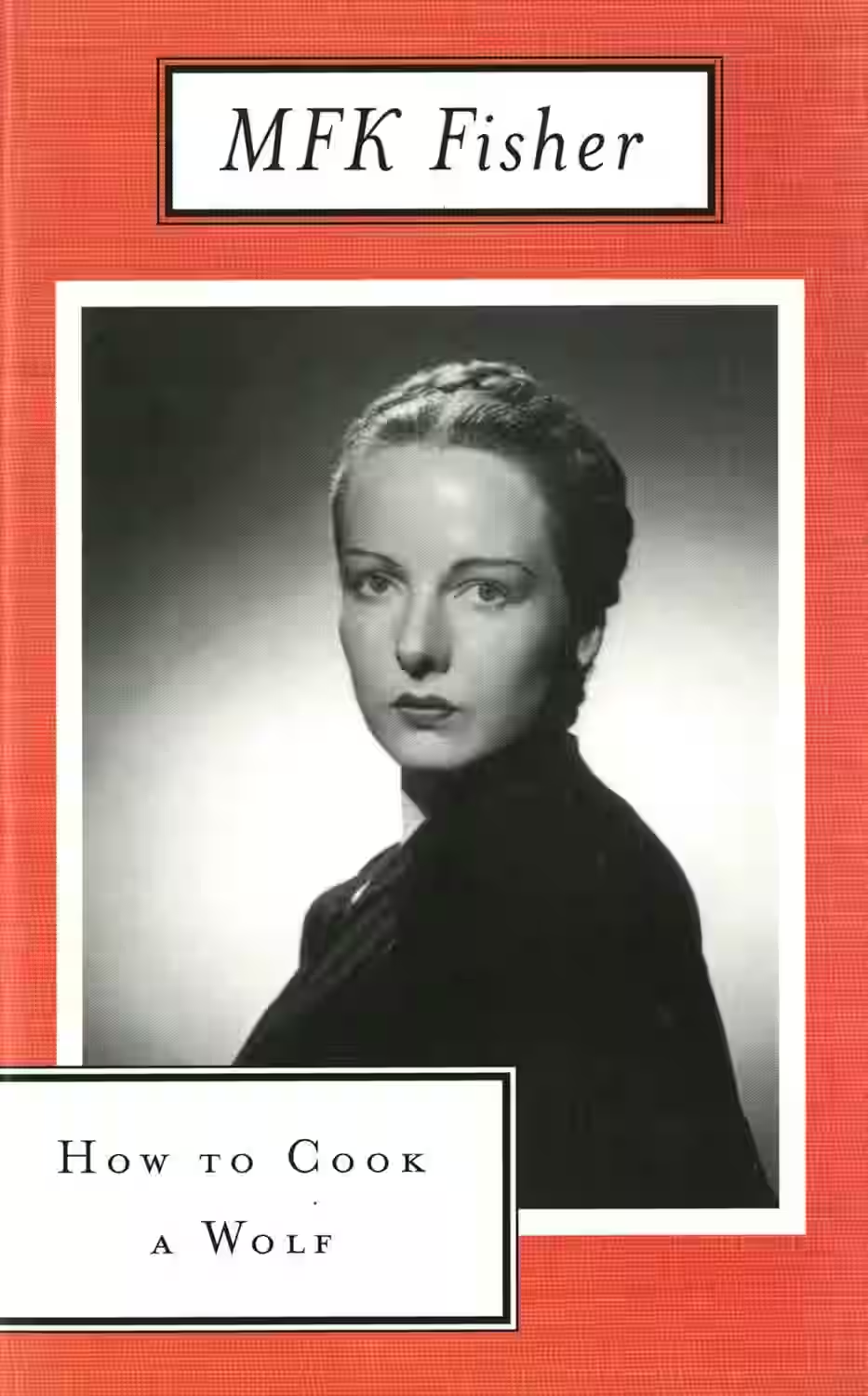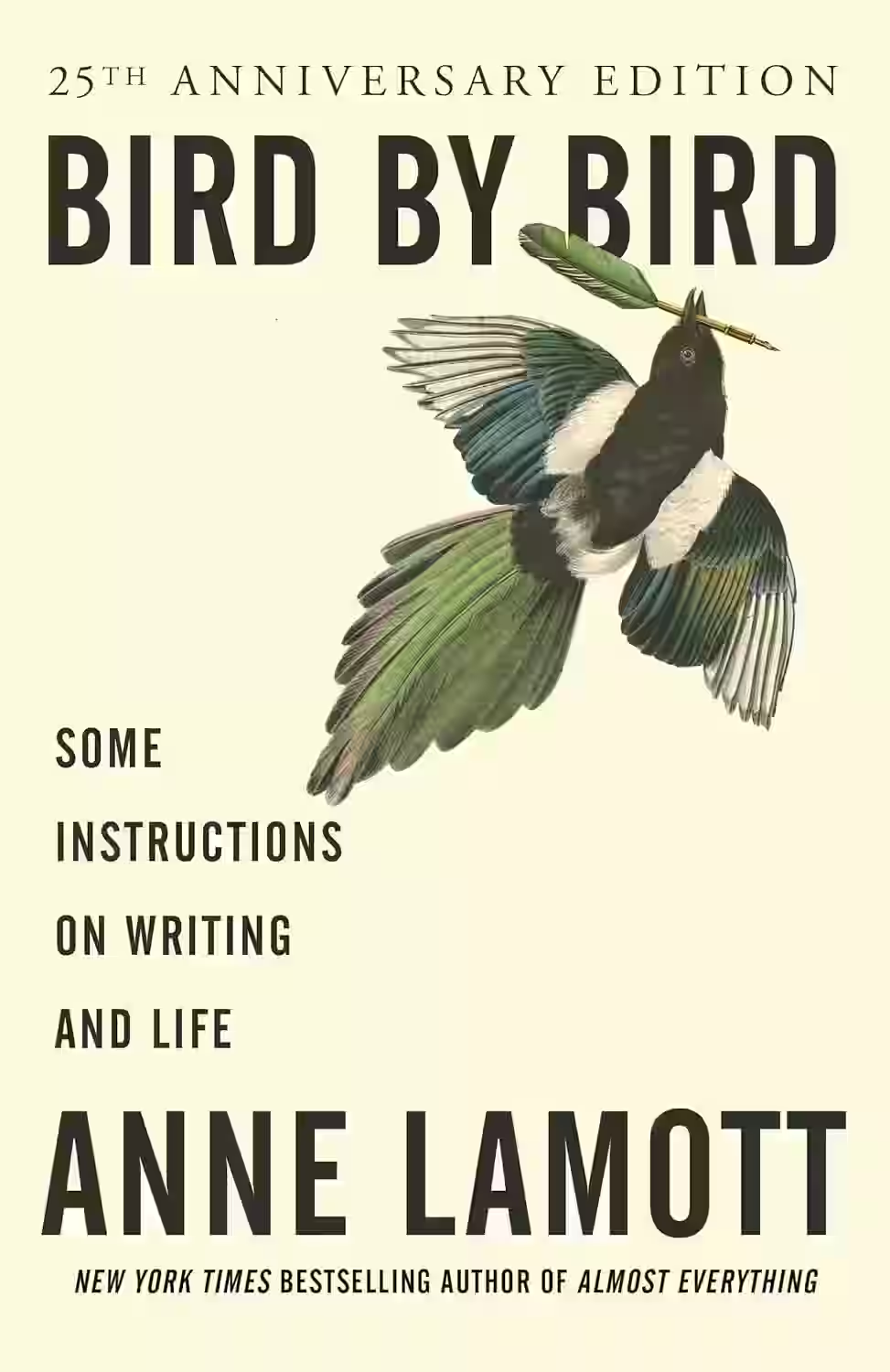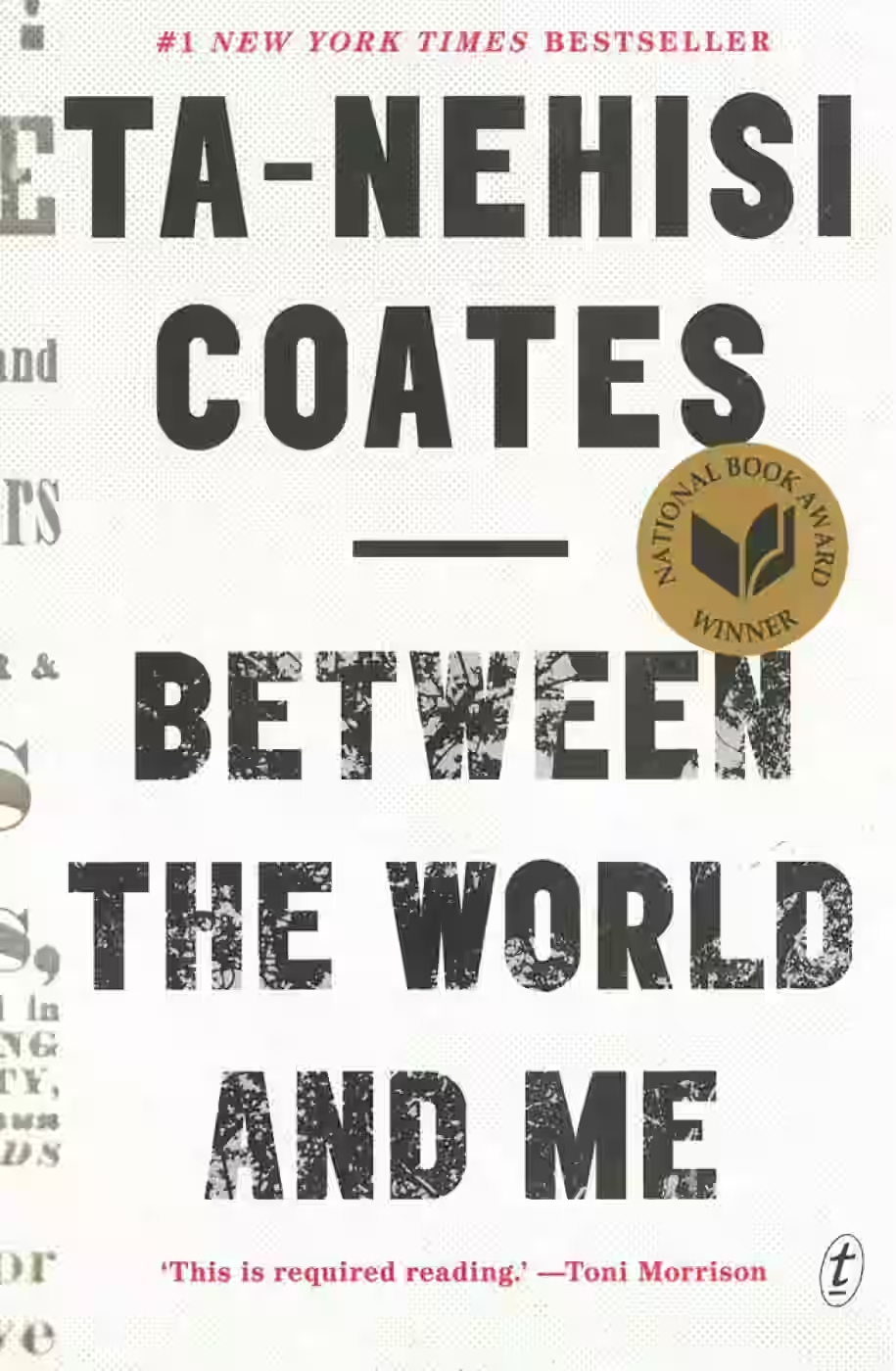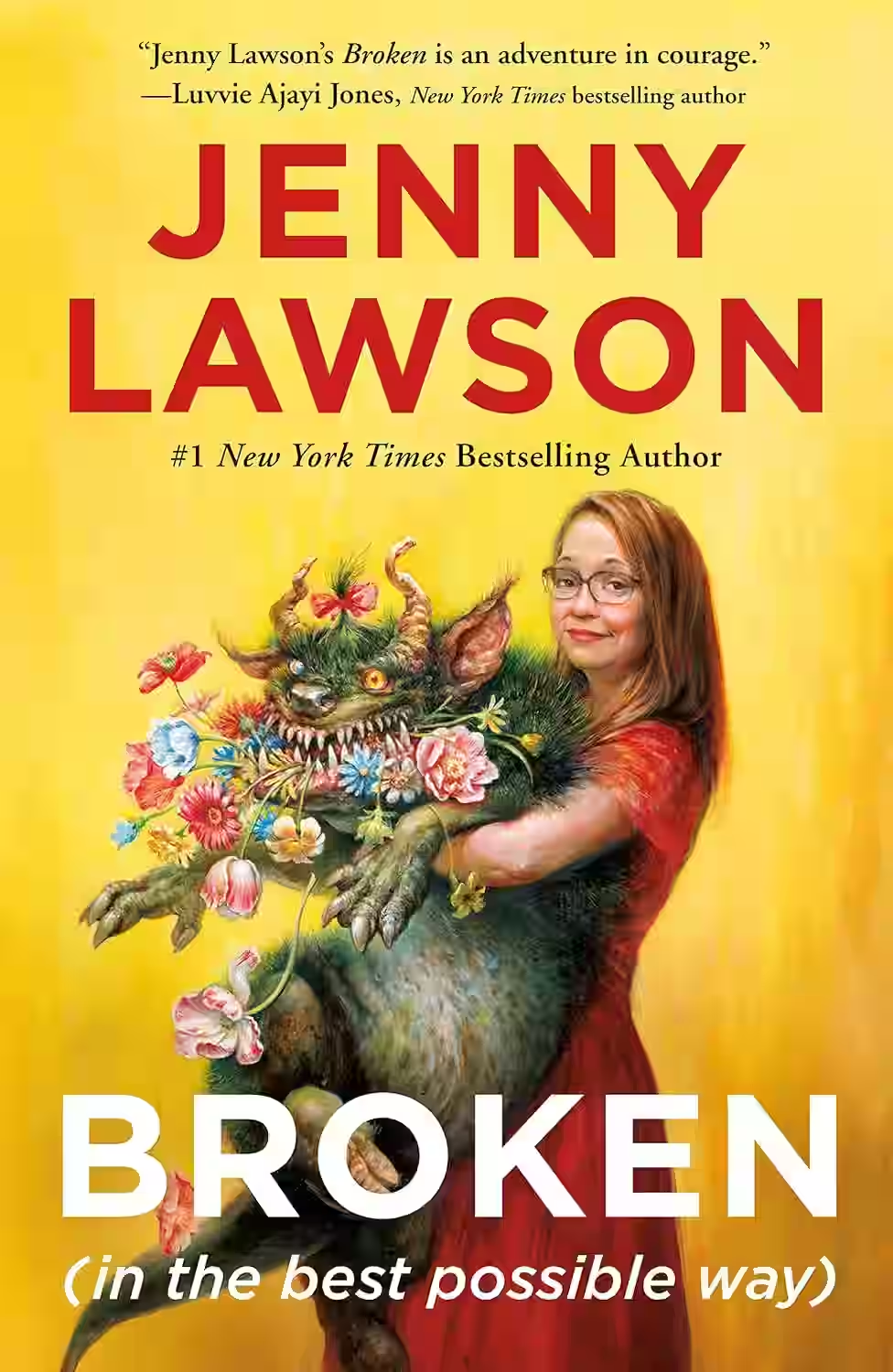
M.F.K. Fisher's 'How to Cook a Wolf' is a timeless culinary classic that not only offers practical recipes and cooking advice but also serves as a metaphorical guide on how to navigate challenges with resilience and creativity, particularly during times of scarcity like war or economic downturns. Fisher beautifully weaves together essays on food, sustainability, and the art of living well amidst struggles. With a blend of wit, wisdom, and practical tips, this book transcends its culinary genre to become a philosophical exploration of human nature and survival. 'How to Cook a Wolf' is a gastronomic delight that feeds both the body and the soul.
About M.F.K. Fisher
M.F.K. Fisher (1908-1992) was an iconic American writer renowned for her exquisite culinary and memoir literature. Born Mary Frances Kennedy in Michigan, Fisher's eloquent prose reshaped the genre of food writing, transcending recipes to explore the cultural and emotional significance of food. Her seminal works, including 'Consider the Oyster' and 'The Art of Eating,' masterfully blend personal narrative, gastronomy, and travelogue. Fisher's impact on literature extends beyond the kitchen, influencing a generation of writers with her evocative descriptions and sharp insights. She remains a beloved figure in the world of food literature, celebrated for her enduring contributions to the written word.
Similar Books

Bird by Bird: Some Instructions on Writing and Life
by Anne Lamott
Part writing guide, part memoir, Bird by Bird offers a heartfelt, humorous take on the creative process. Anne Lamott shares practical tips—like writing “shitty first drafts”—while delving into the emotional ups and downs of being a writer. Her advice is grounded in honesty, compassion, and experience, making it resonate with beginners and seasoned writers alike. Beyond writing, the book explores themes like perfectionism, self-doubt, and faith. Lamott’s voice is witty and warm, encouraging readers to embrace vulnerability and stay grounded through their work. It’s a beloved classic on both the craft of writing and the art of living.

A Promised Land
by Barack Obama
In this deeply personal memoir, former U.S. President Barack Obama chronicles his early political life through his first term in office. With introspective prose and behind-the-scenes detail, A Promised Land reflects on leadership, race, democracy, and the pursuit of change. Obama offers candid thoughts on successes, failures, and the sacrifices of public life.

Between the World and Me
Presented as a letter to his teenage son, Ta-Nehisi Coates's Between the World and Me is a profound meditation on race, history, and identity in America. Drawing from his own experiences as a Black man, Coates examines the legacy of systemic racism, police violence, and the illusion of the American Dream. Inspired by Baldwin yet distinctly contemporary, the book offers a deeply personal and unflinching account of what it means to live in a Black body. With lyrical prose and intellectual rigor, Coates compels readers to confront uncomfortable truths and reconsider notions of privilege, safety, and belonging.

Broken (in the Best Possible Way)
by Jenny Lawson
Jenny Lawson's "Broken (in the Best Possible Way)" is a hilariously raw and deeply personal collection of essays that navigate the complexities of mental illness with wit and vulnerability. Through her trademark humor and candid storytelling, Lawson takes readers on a journey through her own struggles with anxiety and depression, offering insight and comfort along the way. From quirky anecdotes to profound reflections on life's challenges, this book is a poignant reminder that brokenness can coexist with beauty and strength. A blend of poignancy and laughter, Lawson's writing resonates with readers, reminding them that it's okay to not be okay.